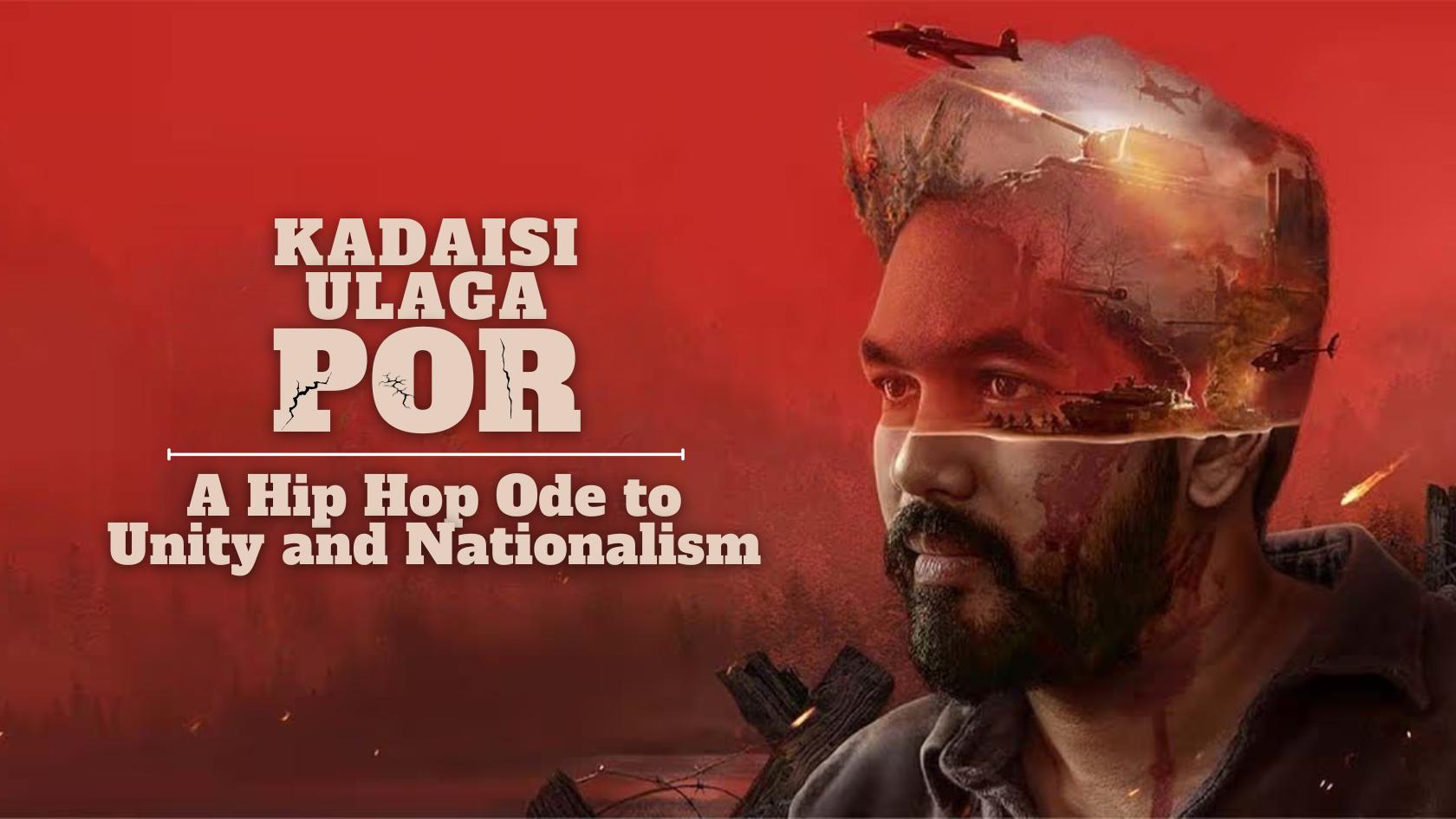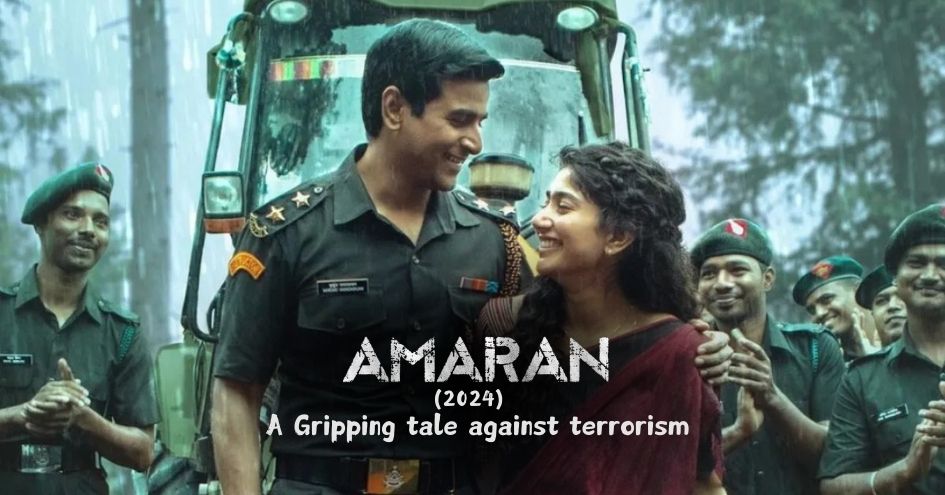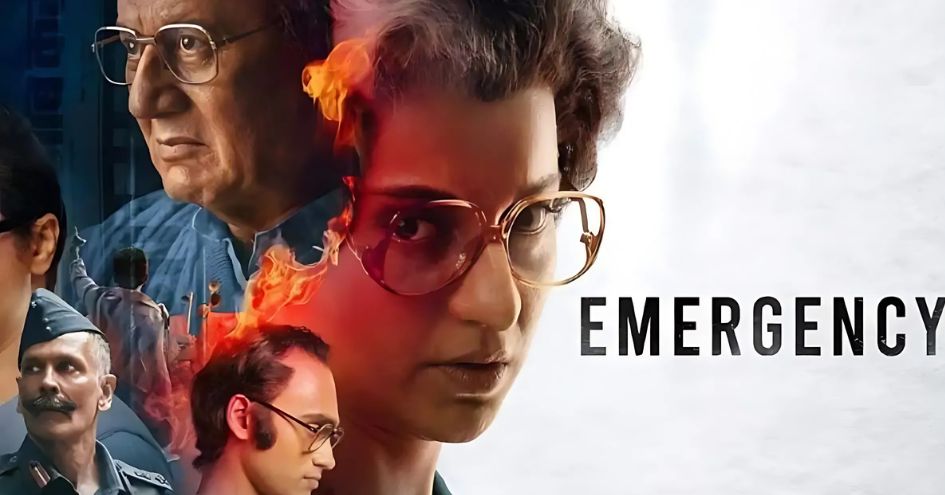The story of how a great Indian helped the world know the reality of Jallianwala Bagh
Chettur Sankaran Nair – a name not many people know. When we read about our freedom fighters and all those who contributed to our struggle to be a free nation, we see the names of many great people. Sadly, the name of Sankaran Nair is unlikely to be seen in this list. It is a tragedy that the names of so many great people who loved our nation are forgotten.
Our history, written by Marxists, always focuses on a few individuals and glosses over the others. People like Sankaran Nair are not even mentioned in school textbooks. So, who was Sankaran Nair, and why should we remember him? Let’s look at the answer to this question before we review the movie “Kesari Chapter 2”.
C Sankaran Nair was an advocate with a distinguished track record. Interestingly, he was born in the year of the Sepoy Mutiny, 1857. As a lawyer, he made a name for himself. He was Advocate General of Madras, Judge of the Madras High Court, and most importantly, a member of the Viceroy’s Executive Council (1915 to 1919).
As a judge, he had upheld conversion to Hinduism in one of his judgments. As a member of the Viceroy’s Council under Lord Curzon, he was in charge of Education. Prior to this, he was involved in the freedom movement and was President of the Indian National Congress in 1897.
When the terrible Jallianwala Bagh massacre took place in 1919, Nair quit as a member of the Viceroy’s Executive Council. Nair later wrote a book ‘Gandhi and Anarchy’, where he expressed his dissatisfaction with M K Gandhi. In the book, Nair squarely blamed Michael O’ Dwyer, the Governor of Punjab, for the Jallianwala Bagh genocide.
A furious O ‘Dwyer sued Nair and a famous case took place in the high court of London. The case ensured the people of Britain and the world came to know about the terrible happenings in Jallianwala Bagh. As expected, Nair lost the case thanks to the biased judge. 11 jurors voted in favour of O ‘Dwyer, while 1 juror (Harold Laski) supported Nair. The judge fined Nair 500 pounds.
Even though Nair lost, he ensured the voice of the Jallianwala Bagh victims could reach the world over. The incident ensured O ‘Dwyer’s career moved to an end (he was later killed by Shaheed Udham Singh). Later on, Nair was part of a committee that recommended Dominion status for India. Sadly, Sankaran Nair did not live to see the day India became independent. He died in 1934 at the age of 77.
Let’s turn to the movie “Kesari Chapter 2: The Untold Story of Jallianwala Bagh”. It is indeed heartwarming that someone like Karan Johar, known mostly for his fluff movies has produced a film on this great man. Johar and his team (director Karan Singh Tyagi is a lawyer) have done an excellent job introducing Nair to the Indian public and, most importantly, showcasing the horror of Jallianwala Bagh.
Akshay Kumar plays the role of Sankaran Nair with Regina Cassandra playing his wife. The movie starts with the terrible Jallianwala Bagh massacre. The genocide of Indians by the sadist Gen. Dyer has been well-depicted. You will be shaken by this segment as the reality of the horror Dyer inflicted becomes clear. English actor Simon Paisley Day has done a great job portraying Gen. Dyer. On hearing of this incident and meeting with a survivor, Nair decides to sue the Crown and Gen. Dyer for genocide.
Helping him is a young lawyer, Dilrit Gill, who motivates him to stand up for the victims of the tragedy. Ananya Pandey, known for her glamorous roles, plays the role of the firebrand lawyer and does a great job. The rest of the film is all about how Akshay and Ananya fight the case. To take them on, R Madhavan enters the scene in a key role as Neville McKinley, the lawyer for Gen. Dyer.
The film is well-made, and the court scenes are convincing. There is tension, and everything leads to a great climax. The music and songs are a bit jarring, but are quite decent. The film ends on a moving note, and when I watched the movie, a lady watching the movie became highly emotional, raising patriotic slogans, and broke down.
Undoubtedly, the movie has accurately depicted the terror Gen. Dyer created. You will be moved when you realise how so many innocents were killed to satisfy the blood lust of a racist Briton. The movie also points out how the British have still not apologized for this genocide.
It is a good movie, but highly fictionalised. The original story of Sankaran Nair has been changed completely. There is no case by O ‘Dwyer. Instead, Nair is shown as suing Gen. Dyer. The fictionalising was probably needed to make the movie interesting. While it is not the reality, it is generally in line with the happenings in Nair’s life. The characters of Madhavan and Ananya Pandey are fictional, as are the court trial proceedings.
The film also does not make any reference to Nair’s strong opinions about Gandhi. Even though it has these minor flaws, the movie makes a strong impact. The scenes of the killings in Jallianwala Bagh are filmed in such a way that the gory reality is brought out. Due to the excess violence (and a lot of swear words at the movie’s end), the movie has an Adult certificate.
The makers could have worked on this issue and brought out a film that even children could see. Every Indian must know about our past because our future depends on our understanding of the past. Indians must know what happened in Jallianwala Bagh. They must know the horror the British inflicted on us. They must also know of great patriots like C Sankaran Nair, who dedicated their lives to the country.
While this movie may not be suitable for children, everyone else must watch this movie. College students and families should see this movie to know our real history. More movies like this are needed to help us understand the reality of the past and let us know how we failed to recognize the contribution of great men like C Sankaran Nair.
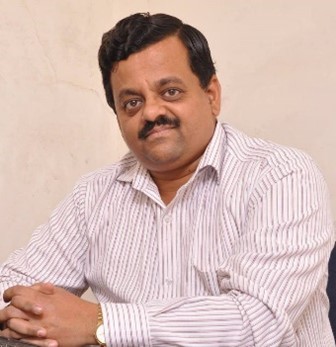 Deepak M R is a professional writer and author, who has previously worked in academics, training, and consulting. He is the author of the novel ‘Abhimanyu – the warrior prince’ (Bloomsbury, 2021). He is also a contributing author in the anthology Unsung Valour (Bloomsbury, 2020) and a KDP e-book ‘Mahabharata Tales: Justice for Draupadi and other stories’. He is an avid fan of Hindi film music.
Deepak M R is a professional writer and author, who has previously worked in academics, training, and consulting. He is the author of the novel ‘Abhimanyu – the warrior prince’ (Bloomsbury, 2021). He is also a contributing author in the anthology Unsung Valour (Bloomsbury, 2020) and a KDP e-book ‘Mahabharata Tales: Justice for Draupadi and other stories’. He is an avid fan of Hindi film music.
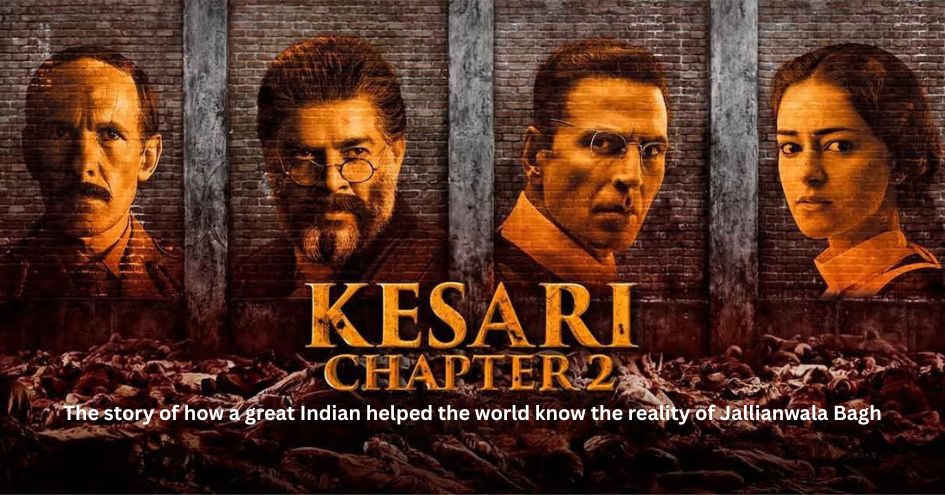
 Deepak M R is a professional writer and author, who has previously worked in academics, training, and consulting. He is the author of the novel ‘Abhimanyu – the warrior prince’ (Bloomsbury, 2021). He is also a contributing author in the anthology Unsung Valour (Bloomsbury, 2020) and a KDP e-book ‘Mahabharata Tales: Justice for Draupadi and other stories’. He is an avid fan of Hindi film music.
Deepak M R is a professional writer and author, who has previously worked in academics, training, and consulting. He is the author of the novel ‘Abhimanyu – the warrior prince’ (Bloomsbury, 2021). He is also a contributing author in the anthology Unsung Valour (Bloomsbury, 2020) and a KDP e-book ‘Mahabharata Tales: Justice for Draupadi and other stories’. He is an avid fan of Hindi film music. 